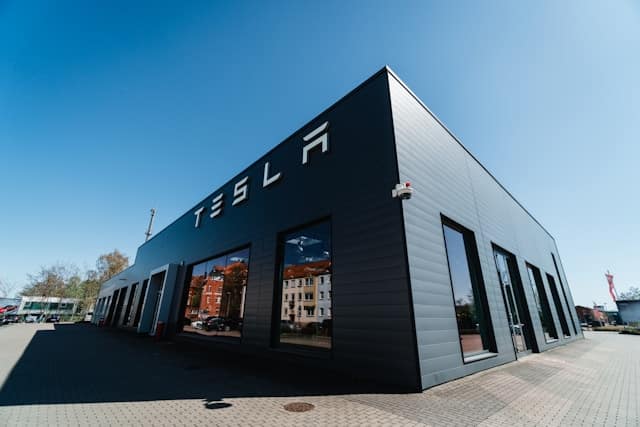- The National Automobile Manufacturers of South Africa (Naamsa) has released its Q1 2024 report, revealing a significant increase in electric vehicle sales.
- According to the report, 3,042 new energy vehicles (NEVs) were sold in the first quarter of 2024, up 82.7% from 1,665 in the same period in 2023. Approximately 40% of total NEV sales in 2023 were achieved in Q1 2024 alone.
NEVs include conventional hybrid, fully electric, and plug-in hybrid vehicles. In Q1 2024, hybrid vehicles sold the most, with 2,574 units sold, up from 1,408 in Q1 2023. Fully electric vehicle sales increased significantly, with 330 units sold in Q1 2024 compared to 232 in Q1 2023. Plug-in hybrid models sold 138 units, up from 25 in Q1 2023.
NEVs began to see a massive surge in 2022, rising from 4,674 to 7,746 in 2023, and the Q1 2024 report indicates a strong start to the year.
The government has shown its support for the industry by introducing incentives for new EV investments in South Africa in February 2024. In December 2023, the country also approved a draft white paper on EVs, detailing a roadmap and policy interventions to support the transition to NEVs for both manufacturers and consumers. Notably, South Africa plans to have 20% of new vehicles in its automotive market be EVs by 2025.
Ahead of the country’s EV surge in Q1 2024, Mercedes-Benz South Africa (MBSA) announced in November 2023 that it will install 127 new electric vehicle charging stations in South Africa to encourage individuals to purchase EVs and provide access to a dependable charging network. The first phase was said to take place in Q1 2024.
Zero Carbon Charge in January 2024 also mentioned plans to complete its flagship solar-powered electric vehicle charging station by June 2024, intending to roll out 100% renewable energy-powered electric vehicle charging stations in South Africa.
Other African countries, such as Kenya, have experienced a surge in the EV market, with 2,694 electric vehicles registered in 2023, up from the previous year. However, the government intends to tax electric vehicles, raising concerns that this will slow the sector’s growth. Tunisia has also set an ambitious goal of 130,000 EVs by 2030 and has implemented tax breaks and incentives to support the sector.











